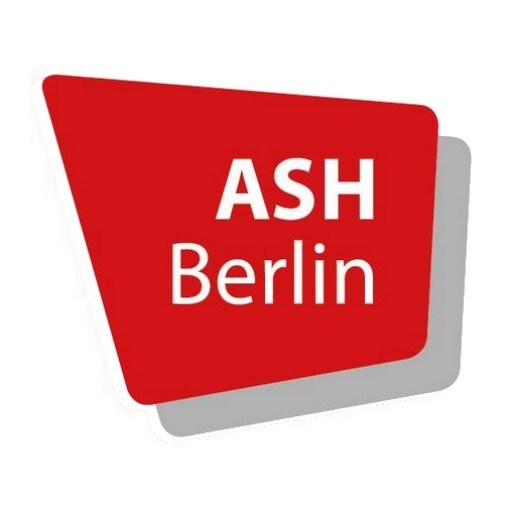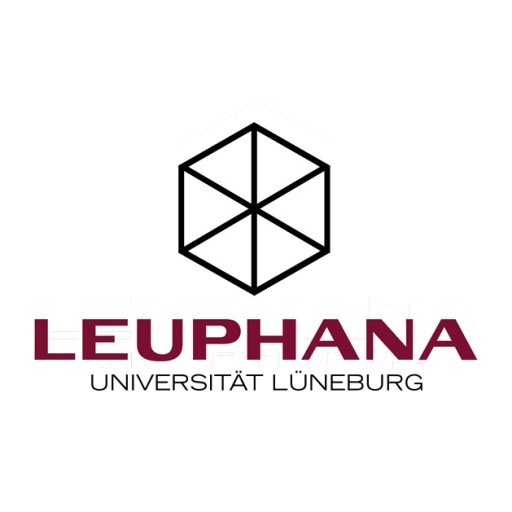The Bachelor's degree in Social Work as a Human Rights Profession at Alice Salomon Hochschule Berlin offers students a comprehensive education rooted in social justice, human rights, and sustainable development. This program aims to equip future social workers with the theoretical knowledge, practical skills, and ethical competencies needed to address complex social issues and promote equitable societies. Throughout the course, students engage with a wide range of topics including social policy analysis, intercultural competence, community development, social justice advocacy, crisis intervention, and the legal frameworks governing social work practice. The curriculum emphasizes a human rights-based approach, encouraging students to view social work not only as a profession for helping individuals but also as a means to challenge systemic inequalities and advocate for marginalized groups. Practical experience is a core component, with internships and fieldwork integrated into the program to provide real-world insights and hands-on skills in diverse settings such as social services, NGOs, public institutions, and international organizations. The program also promotes interdisciplinary learning, critical thinking, and reflective practice, preparing graduates to operate effectively in multicultural and complex environments. Ethical considerations and social responsibility are central to the training, cultivating professionals committed to promoting dignity, rights, and well-being for all people. By the end of the program, students will be prepared to work as socially responsible professionals dedicated to human rights, social inclusion, and sustainable development goals, both within Germany and internationally. The program's close collaboration with practitioners, communities, and international networks ensures a dynamic learning environment that responds to current social challenges and fosters innovative solutions. Graduates of this program are well-equipped for diverse career paths, including social work practice, policy development, advocacy roles, research, and further academic specialization.
Educational organisation
The MA-SWHR comprises the following five modules:A Modules: BASIC KNOWLEDGE ABOUT THE DISCIPLINE AND PROFESSION OF SOCIAL WORK AND HUMAN RIGHTS
(These modules are compulsory for all students.)
A 1 World Society and the Agenda for Social Work and Social Development (15 ECTS)
A 2 Social Work and Human Rights (15 ECTS)
A 3 International Law: A Social Work Perspective (15 ECTS)
A 4 Critical Social Science Research (15 ECTS)
B Modules: SOCIAL PROBLEMS/VULNERABLE GROUPS
(Students select a minimum of two from five modules on offer.)
B 1 Health and Human Rights in Social Work (7.5 ECTS)
B 2 Migration and Racism (7.5 ECTS)
B 3 Poverty and Social Exclusion (7.5 ECTS)
B 4 Gender and Human Rights (7.5 ECTS)
B 5 Children's Rights (7.5 ECTS)
C Modules: SOCIAL ACTION FIELDS/SOCIAL MOVEMENTS
(Students select a minimum of two from four modules on offer.)
C 1 Human Rights Education (7.5 ECTS)
C 2 Practice of Human Rights-Based Social Work - Locally, Nationally, and Internationally (7.5 ECTS)
C 3 Human Rights Projects as Innovation in Social and Health Agencies (7.5 ECTS)
C 4 Public Relations (7.5 ECTS)
D Module: HUMAN RIGHTS PROJECTS
(This module is compulsory for all students.)
Human Rights Projects is dedicated to the realisation of a specific project developed by the student with the support of academic experts and/or experts in the practical field.
E MODULE: MASTER'S THESIS
(This module is compulsory for all students.)
Forms of assessment
Forms of examination follow the General Framework of Examination Regulations of the ASH in accordance with the Berlin Law on Higher Education (BerlHG):1. Test
2. Seminar paper
3. Essay
4. Portfolio
5. Online papers
6. Oral presentation (followed by written paper)
7. Group presentation followed by 3,000-word essay
8. Oral exam
9. Project report
10. Project presentation
11. Master's thesis
12. Colloquium
Language requirements
The language of instruction is English. All applicants must demonstrate an acceptable level of proficiency in the English language before being admitted to the Master's programme. English language certificates should not be older than two years and should indicate a high score. Any ONE of the following tests is considered to be sufficient proof:- Cambridge Advanced Certificate (CAE) -> recommended test result "GRADE B" or better
- Test of English as a Foreign Language (TOEFL) -> recommended test result 90 points computer-based or better
- International English Language Testing System (IELTS) -> recommended test result "GRADE B, 6.5" or better
- An academic degree from a recognised institution at which English is the language of instruction
Academic requirements
You must have an undergraduate degree in a relevant discipline, e.g. social work, social sciences, law, humanities or cultural sciences, and a minimum of one year of professional or voluntary work experience in a related field. Furthermore, you are expected to demonstrate adequate training in research skills as well as proficiency in English.A complete application comprises the following documents:
- Completed application form (available on our website)
- Completed letter of motivation
- Curriculum vitae
- Copies of certificates and academic records (to be validated upon arrival!)
- Copies of letters of evaluation from past or current employers (at least two)
- Proof of English language proficiency
- Proof of financial means demonstrating how you plan to finance your studies
Enrolment fees
300 EUR administration feeA semester ticket (optional) covering public transport in the Berlin area currently costs 188.90 EUR and is valid for a duration of six months.







